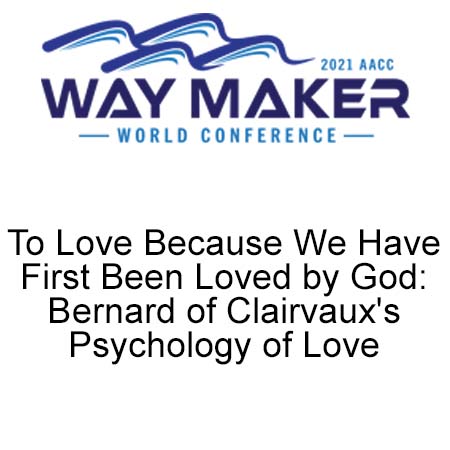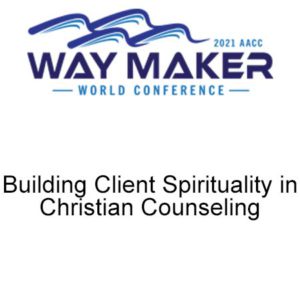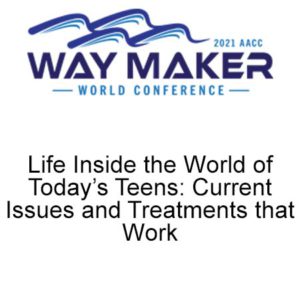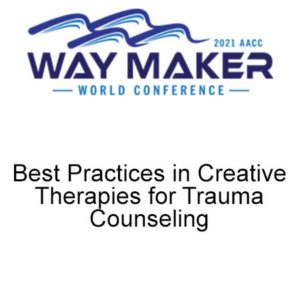Description
620: To Love Because We Have First Been Loved by God: Bernard of Clairvaux’s Psychology of Love
Gregory Jensen, Ph.D.
Palamas Institute
2302 Crest Line Dr.
Madison, WI 53704
Summary
For 11th century monk, preacher, and spiritual author, Bernard of Clairvaux (1090-1153), love of God, neighbor, and self are interconnected. In On Loving God, he argues that love is “not a contract” but “an affection of the soul” that arises not “from mere agreement” but spontaneously. Love’s true reward is the beloved, not any external benefits. A keen psychologist of the spiritual life, Bernard identifies four stages in love: 1) I love myself for the sake of myself, 2) I love God out of a recognition of my need for Him, 3) I love God in gratitude for His many gifts to me, and 4) I come to love myself because God has first loved me. To transcend the constraints of a “nature… frail and weak,” the soul “has to love itself first.” It is only then, by stages, that one can ascend to the love of God and eventually “oneself only for God’s sake.” Given the limits of human nature and our sinful condition, this last stage of love is “something [we] may [only] hope to possess… or rather to be possessed by” in heaven. Rather than seeing this as negative, it is for Bernard a source of compassion for self and others and a reminder of the joy that awaits us in the Kingdom of God. Love’s eschatological fulfillment is a theme he returns to in his sermons of the Song of Songs. Here he discusses love as affect or “of feeling,” which no one can order or fulfill “in the measure required.” Love is also a behavior or doing—this makes love “a command to be carried out” in faithful obedience to God. While “our natural desires” inspire us to love apart from the right reason, they also “degrade” love. And while love “governed by reason” is “enduring,” it is “arid.” Both forms of love are necessary but insufficient because, ultimately, love finds its fulfillment only in the beloved (both divine and human). Therefore, love is ultimately a gift to be received by the “full maturity” of which “is reserved to future bliss” in the Kingdom of God.
Learning Objectives
Participants will:
• Identify Bernard of Clairvaux’s four stages of love
• Outline the foundational principles of love as the fruit of a complementary process of psychological development and spiritual formation within coaching and pastoral counseling sessions
• Name and describe the theoretical and practical relationship between love of self, God, and neighbor





